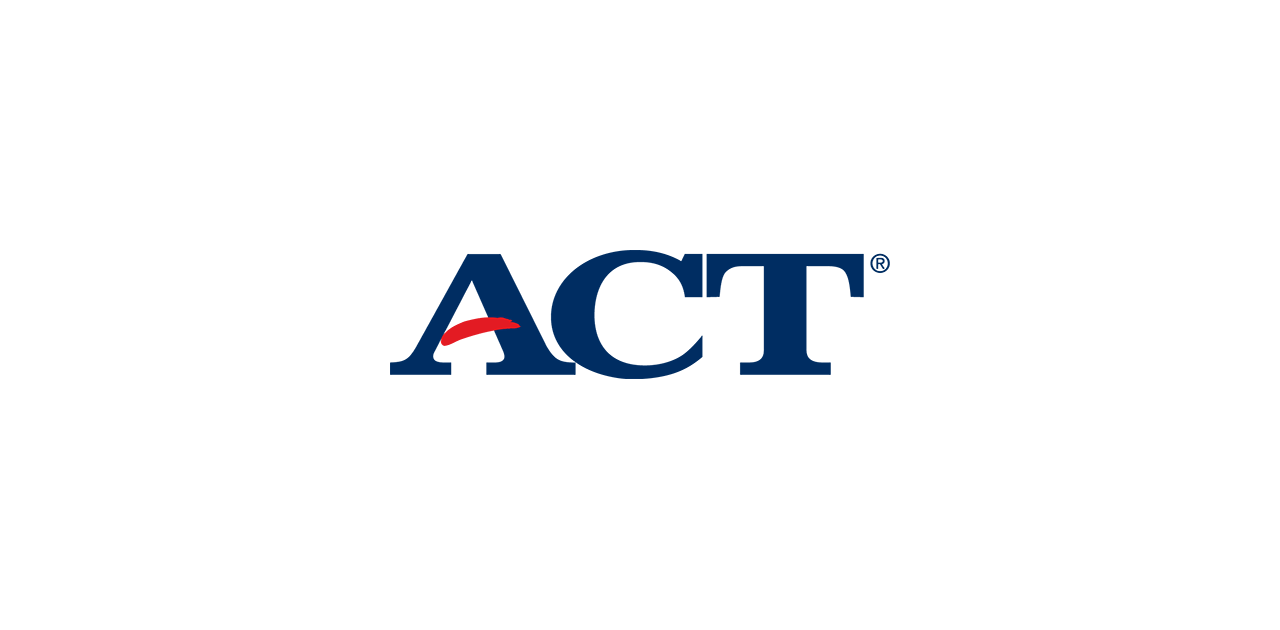Overview of SAT
The SAT (Scholastic Assessment Test) is a standardized exam that tests your skills in Math, Reading, and Writing. Since March 2023, it's been fully digital, meaning you take it on a computer instead of filling in bubbles on paper. The point of the SAT is to measure your academic ability and compare you to other applicants worldwide—everyone, including U.S. students, takes the exact same test.
SAT Quick facts
Test length: 2 hours 14 minutes
- Reading and Writing: 64-minute section with 54 questions
- Math: 70-minute section with 44 questions
Max SAT Score: 1600
Test fee: $60 + $43 regional fee
Overview of ACT
The ACT (American College Test) is another standardized test designed to assess college readiness. It covers English, Math, Reading, and Science, with an optional Writing section. Unlike the SAT, the ACT is still paper-based, meaning you'll be using good old-fashioned pencil and paper. Just like the SAT, it helps colleges compare applicants fairly.
ACT Quick facts
Test length: 2 hours 55 minutes (3 hours 35 minutes with Writing)
- English: 45-minute section with 75 questions
- Math: 60-minute section with 60 questions
- Reading: 35-minute section with 40 questions
- Science: 35-minute section with 40 questions
- Writing (optional): 40-minute essay
Max ACT Score: 36
Test fee: $181.50
Can I apply without test scores?
Due to COVID, many universities have adopted a test-optional policy, meaning you don't have to submit SAT or ACT scores if you don't want to. You won't be penalized for skipping them, but here's the reality: if you want to build a truly competitive application, submitting strong scores is still a huge advantage. If you can do well on these tests, don't waste the opportunity to show it.
Fairtest has the most updated list of all universities that are still test-optional or test-flexible
But for a quick note, these universities require SAT/ACT for 2025-26 admissions cycle:
- Harvard University
- Yale University (test-flexible)
- Brown University
- Upenn
- Dartmouth College
- MIT
- Stanford
- Caltech
- Cornell
- Georgetown University
- Johns Hopkins University
- UMiami
Some students have a solid reason for not taking standardized tests—no test centers in their city, no financial means to travel. That's completely valid.
But then there are students who skip the test because they're “too busy with extracurriculars.” Here's the reality: the students who take the test also have extracurriculars. So, let's be honest—that's not really an excuse.
Test-flexible
Colleges with a "test-flexible" policy still require applicants to submit test scores, but they're a little more open-minded about which ones count. Unlike "test-required" schools that only accept the SAT or ACT, test-flexible schools let you choose between the SAT, ACT, IB exams, or AP exams—depending on their specific requirements.
Important note: You don't need to be enrolled in an AP class to take an AP exam. They cover a wide range of subjects, from Human Geography to African American Studies, and you can register through the College Board website in your country. Use this page for official guidelines, and if you need extra prep, Khan Academy has solid courses to help.
Last year, Yale University adopted a "test-flexible" policy with these criteria. You can read more about it here.
What is a good SAT/ACT score?
Knowing the average SAT scores of universities is helpful when creating your college list and deciding between reach, match, and safety schools.
| University | SAT | ACT |
|---|---|---|
| MIT | 1550 | 35 |
| Harvard | 1550 | 34 |
| Stanford | 1540 | 34 |
| Princeton | 1540 | 34 |
| Yale | 1540 | 34 |
| UPenn | 1540 | 34 |
| Caltech | 1540 | 36 |
| Columbia | 1540 | 35 |
| Johns Hopkins | 1540 | 34 |
| Brown | 1530 | 34 |
| UChicago | 1530 | 34 |
| Northwestern | 1530 | 34 |
| UC Berkeley | 1530 | 31 |
| UCLA | 1530 | 31 |
| Vanderbilt | 1530 | 34 |
| Rice | 1530 | 34 |
| Cornell | 1520 | 34 |
| Duke | 1510 | 34 |
| Dartmouth | 1500 | 34 |
| Notre Dame | 1480 | 34 |
| NYU | 1455 | 34 |
To have a competitive application for a selective college, aim to score 1500+ on the SAT or 33+ on the ACT. Usually it would mean taking the test multiple times, so it's important to plan well!
Register for the SAT
- 1
Create a College Board account
- 2
Pick a Test Date
- 3
Find SAT Testing Center in your country
- 4
Register and pay the test fee
The current SAT registration fee is $60, plus a $43 regional fee.https://satsuite.collegeboard.org/sat/registration/international-testing/fees



